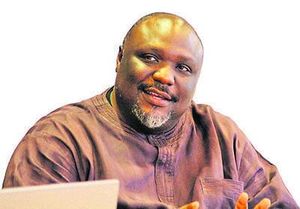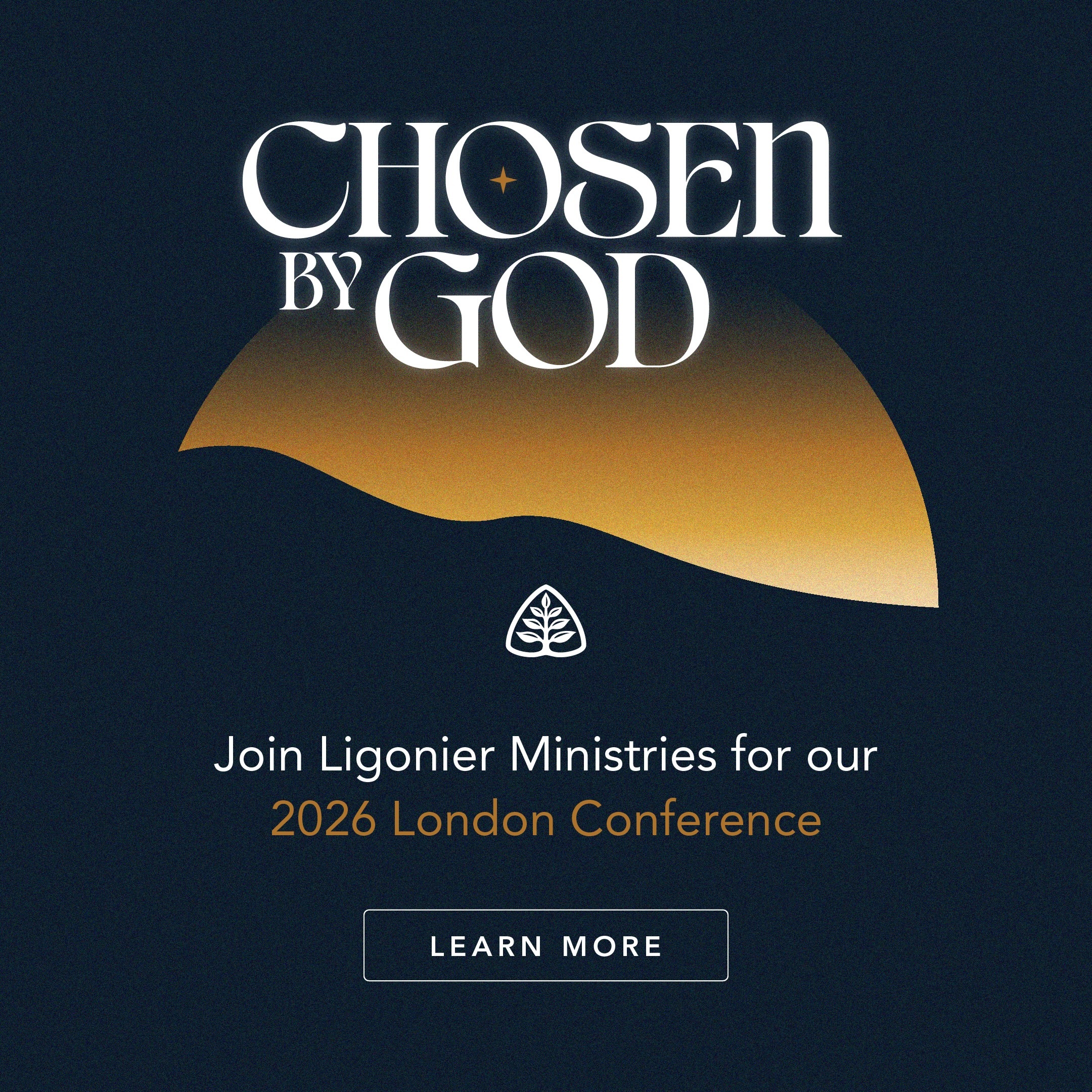Prolific social entrepreneur, co-founder of Christian Concern and pastor, Ade Omooba wants to see the United Kingdom return to its Christian faith.
Ade also co-founded the Christian Legal Centre, defending Christians’ civil rights. He serves as a trustee for Global Day of Prayer London and is a member of the Apostolic Team of Connection Trust, a global network of churches.
Ade’s motif is ‘It’s a privilege to serve’, as he explained in an interview with Sheila Marshall.
SM: Which came first, politics or pastoring?
AO: It’s always been pastoring. I’m not a politician, although I’m a policy person. I engage with a lot of politicians, because they are the ‘actors and actresses’ in government. We inform, try our best to give them counsel and bring a prophetic and authoritative voice to what they do.
Being a servant of God comes first for me and it’s a privilege to serve, whether it’s government or a church community. Community is my university and policy is part of what I think affects communities. That’s what makes me engage with government and others. But I make it very clear that I’m not really a politician.
SM: What do you mean by serving?
AO: To me, it’s doing what you do as an act of worship to God. I have to respect the other person, be truthful, loving and caring, whether it’s preaching in a church, serving homeless people, speaking at a drug rehab, working in government or the marketplace.
SM: How does this work out practically?
AO:You must use the skill set God has given you as an act of worship. When you try to impose yourself on people — not wanting to feed or care for them — that is selfish ambition. It’s the same as if you have an agenda and want to use people. That’s not serving. You meet people where they’re at, and do the best you can to make them the best they can be.
SM: Was your skill set obvious or was it something you developed?
AO: Former school mates told me, ‘You have always been someone to whom even older people look up to as wise or as a big brother. We could always come to you for a word of assurance and encouragement’. I’m thinking, ‘Is that me?’ As I’ve grown, this has become a lot more relevant to me. I just couldn’t do without wanting to serve.
SM: You’ve served over 27 action groups. Tell us about that.
AO:In the last 24 years I’ve helped set up over 100 Christian-based social action projects. I was convicted by the Lord that one of my roles was to support the body of Christ to be relevant to the community. So I went on the road of encouraging leaders. I sit with them, take a skills audit of their church and show them how their church can be relevant. We often birth ways to show God’s love practically to the community through those churches.
SM: How do you manage with everything?
AO:In serving, you find out ‘Who am I? Why am I here?’ Once that was established in my relationship with God, I followed what I call the ‘four Fs’. I needed to find my place in God’s scheme of things; fit into that place appropriately; function well in that place; bear fruit in the way in which I functioned.
This helps me to focus and enables me to do so much more. I know exactly why I’m here and I’m not in competition with or jealous of anyone. I like to see others flourish and help them excel. I am so content with what God has called me to do, that I rejoice when others are excelling.
If all of us find our fulfilment in life, then we’re in a better place. For everything that God calls you to, he gives you grace, and that is why I’ve been able to cope.
SM: Can you say how this ‘grace’ works here?
AO:God has enabled me to work across denominations and races very easily. Once I ask whether God has got a role for me, I experience his promise, ‘My yoke is easy and my burden is light’. Pain comes when you find yourself in the wrong place and try to fit into the wrong things. It doesn’t mean that what I do doesn’t have pain, hurt or challenges, but you always find that there’s sufficient grace to excel.
SM: What’s your response to those questions that seem to be stumbling blocks for Christians in contemporary society?
AO: When it comes to issues of morality, the press will come to us because we can articulate ourselves without compromising. One of the ways to do that is to say to them, ‘The fact that you disagree with someone does not equate to hate. A true Christian cannot be homophobic. People who are homosexual have called me for help and I’ve had to serve them the best way that I can. In short, we hate the sin, but not the sinner.’
There are those who don’t want to hear that and so interpret it in another light. The day people stop us from being able to express differences of opinion, we are lost as a society.
People are beginning to read our materials and say, ‘These guys are like everybody else’. The gay lobby want to make a case for what they believe in, as do Muslims, secularists, atheists and humanists. Why can’t Christians also stand for what they believe in? ‘Equality’ must mean equality for all.
Those are the kind of arguments we’ve made over the years. We try to be academic and theological where we can, but also bring the authority of God’s Word.
SM: Have you ever changed your stand on an issue?
AO: I don’t think I ever have. We have always tried to research well and hear God in his Word on an issue before we take a stand, and then we will stay true to it.
SM: If you had a different career, what would it be?
AO: If I wasn’t doing what I do, I’d be a professional footballer. From childhood people thought I would be an international footballer. Back in those days, your parents must never know you played football; it was all about studying! I was gifted at sports and athletics, but had to focus on education.
To wind down I like to sit on my own and gaze at nature. I can sit in a park, or go for a drive with my wife through the countryside and we talk. I love that.
I don’t drink or smoke and there’s so much in life that’s interesting.
SM: Finally, if there was a film about Ade Omooba, what would the tagline be?
AO: ‘It’s a privilege to serve’.




